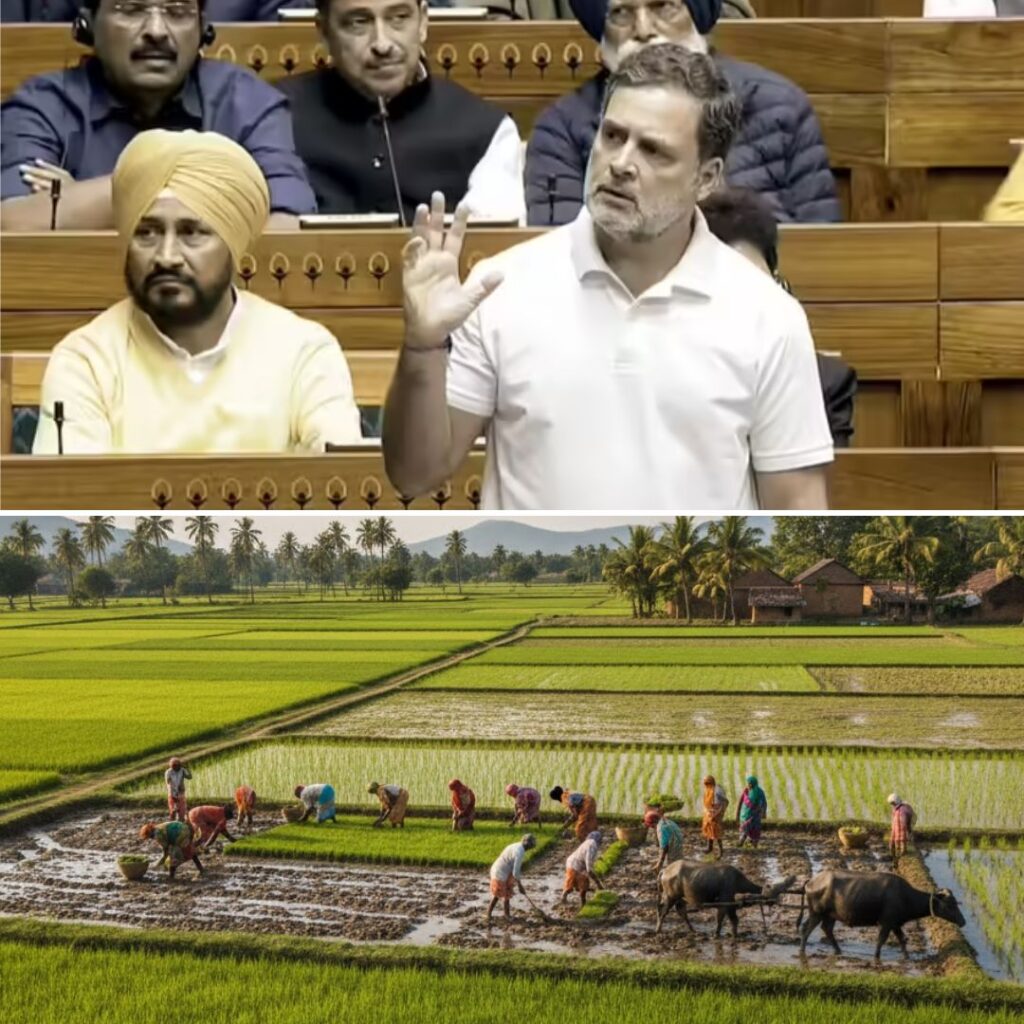Maharashtra has topped India’s first-ever judicial ranking of states list among 18 large and mid-sized states. The ranking announced on Thursday, November 7, was given by the India Justice Report (IJR) 2019 and is based on the capacity of various states to deliver justice to their citizens.
While Kerala, Tamil Nadu, Punjab and Haryana followed Maharashtra in the list, Bihar and Uttar Pradesh are at the bottom. Goa topped the list of seven Small States, followed by Sikkim and Himachal Pradesh.
However, the study revealed that even the top states could not score even 60 per cent in their capacity to serve justice. It pointed out various gaps and deficits at the level of each state and union territory, pressing on the need for repairing the system.
The report is an initiative of Tata Trusts in collaboration with Centre for Social Justice, Common Cause, Commonwealth Human Rights Initiative, DAKSH, TISS- Prayas and Vidhi Centre for Legal Policy. The result of an 18 months long rigorous quantitative research, the report is based on the latest government data on the four pillars of justice delivery – police, judiciary, prisons and legal aid.
States were analysed on each of the four pillars based on their budgets, human resources, personnel workload, diversity, infrastructure and trends (over five years). These were then compared with the state’s own declared standards and benchmarks.
The following image shows the rankings of the large and mid-sized states:

Tata Trusts
“This is a pioneering study, the findings of which establish beyond doubt very serious lacunae in our Justice delivery system. It is an excellent effort to mainstream the issues concerning our Justice system, which affects every aspect of society, governance and the economy,” Madan B. Lokur, retired justice, was quoted as speaking at the launch by the Tata Trust’s press release.
The study revealed that women are poorly represented across the Justice system. There is only 7 per cent representation in Police(2017), 10 per cent as prison staff(2016), and about 26.5 per cent among judges in High Courts and subordinate courts(2017-2018).
It also added that the justice system is constrained by low budgets. For instance, India’s per capita spend on free legal aid is only 75 paise per annum.
Maja Daruwala, Chief Editor of IJR, said that she hoped the findings would drive the state to put in efforts to improve the justice delivery system. “Access to Justice has to be available to all. It is the right of each one of us. It has to be easily available affordable and efficient. And it must be fair. The data shows that the capacity to deliver is falling far below the demand. This is a matter of great urgency,” she said.
Also Read: Know All About Sharad Arvind Bobde, The Next Chief Justice Of India











